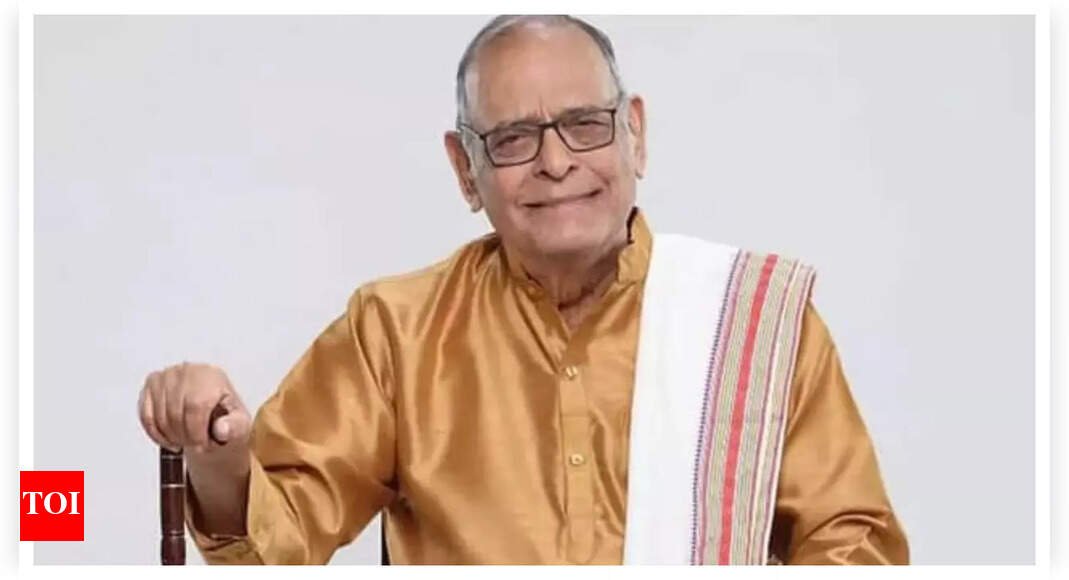Recently, two Indian films, both directed by women, captured the attention of global audiences — All We Imagine as Light by Payal Kapadia and Songs of Forgotten Trees by Anuparna Roy. Both films centre the lives of single women in Mumbai. That they resonated so widely is telling. Stories about women living unattached, outside the traditional structures of marriage and family, are finally finding their place on the world stage.
For women filmmakers, this recognition is deeply rooted in the experience of exclusion, invisibility, and discrimination, especially as a migrant in a city. When I first moved to Mumbai a decade and a half ago as a single woman, I had little idea that something as ordinary as house hunting would become one of the defining struggles of my life. Landlords’ suspicions, intrusive questions, and outright refusals weren’t just logistical hurdles — they were humiliating reminders of how urban India polices women who dare to live alone. That personal ordeal eventually became the subject of my documentary Bachelor Girls (2016), echoing the voices of countless women navigating the same battle.
Privacy is never truly private. Single women are often stalked, watched, and noted. Their movements become communal property — what time they return, who they meet, where they go. A woman who earns her salary, pays her rent, and buys her groceries should be insulated from society’s intrusions. In practice, the reverse often happens. Neighbours, landlords, colleagues, and even strangers feel entitled to ask: “Why is she alone? Who visits her flat? Why does she return late at night?” A friend once confessed that she kept a pair of men’s slippers by her front door, simply to ward off workers and delivery men from assuming she lived alone. Even the act of calling a plumber or carpenter can feel unsafe. Another friend talked about being blamed by the housing society for her hair clogging the drainage pipes. The urban woman may be economically autonomous, but her social standing is still subject to constant audit.
Given the scrutiny, many independent women develop a survival strategy: Stay unseen, not confrontational; blend in, don’t stand out; minimise exposure.
Perhaps the outsiders — migrant women who arrive in India’s metro cities like Mumbai, to build their lives from scratch — are able to unravel the hidden codes behind its cosmopolitan charade. They see the fissures, the blind spots and the dualities, throwing light on subtle but exhausting negotiations women make every day: The struggle for privacy, for dignity, for the right simply to exist in public and private spaces. It is therefore no surprise that such nuanced stories, unburdened by the “male gaze” — one-upmanship, competition, or violence — are resonating more strongly with audiences.
Amid these expressions, how much agency do women truly possess? Cities are dotted with so-called “safe zones” — pink buses, women-only compartments, women driven cabs — that are meant to protect. But, in fact, they reinforce a more troubling idea: That the public sphere belongs to men, and that women must carve out their safety in cordoned spaces.
The 2020-21 Periodic Labour Force Survey revealed that nearly 47.9 per cent of Indian women were classified as migrants, compared to just 10.7 per cent of men. But scratch beneath the surface, and one discovers the uncomfortable truth: Over 87 per cent of women reported marriage as the reason for migration, while only about 1.9 per cent moved for employment or higher studies.
In an era of economic growth and dizzying technological change, these numbers raise an unsettling question: Do women truly prefer the known safety of their family homes, or are they simply more risk-averse when it comes to shifting bases? Or is it that the risks of survival in a new city — safety, housing, loneliness — ultimately outweigh the promise of opportunity? Migration for work, after all, is rarely framed as ambition when it comes to women; instead, it can be judged as selfish, unbecoming of those who are expected to remain the family’s caregivers.
Women who do migrate for jobs often describe living with an invisible armour: Scanning cab numbers, sharing live locations, rehearsing excuses to placate intrusive landlords. The question isn’t whether a woman can support herself, but whether society is ready to accept her decisions and self-sufficiency. On social media, women — and increasingly men — are raging against patriarchal norms, crafting bold new narratives of independence. But beyond the electric pulse of Instagram reels, has the scrutiny of offline life really loosened its grip?
Seven years after Bachelor Girls, being single may no longer be an anomaly — but the perceptions around it have barely shifted. “I would still choose Mumbai over anywhere else,” you often hear women say. As women creators bring their intimate relationship with the city to the screen, cinema may broaden both the experience and the conversation. Yet the paradox remains: Can a city that promises freedom ever deliver it unconditionally? For even as women in urban India live more independent lives than their mothers ever imagined, they remain tethered to a gaze they may never fully escape.
Makan is a filmmaker and writer based in Mumbai




